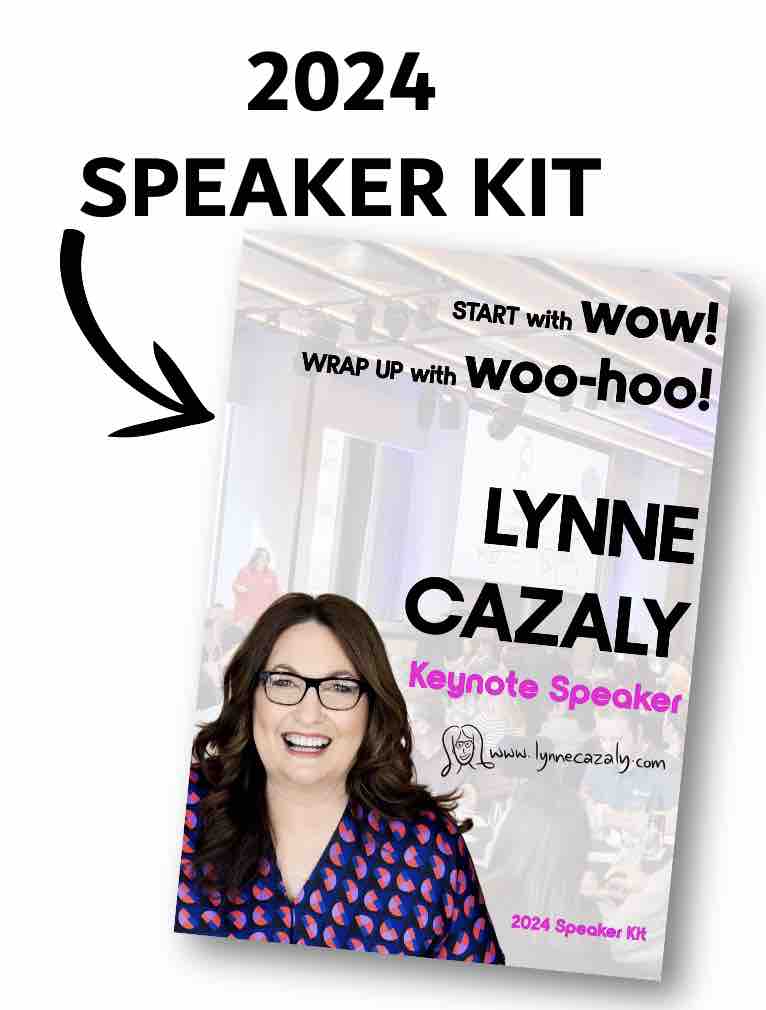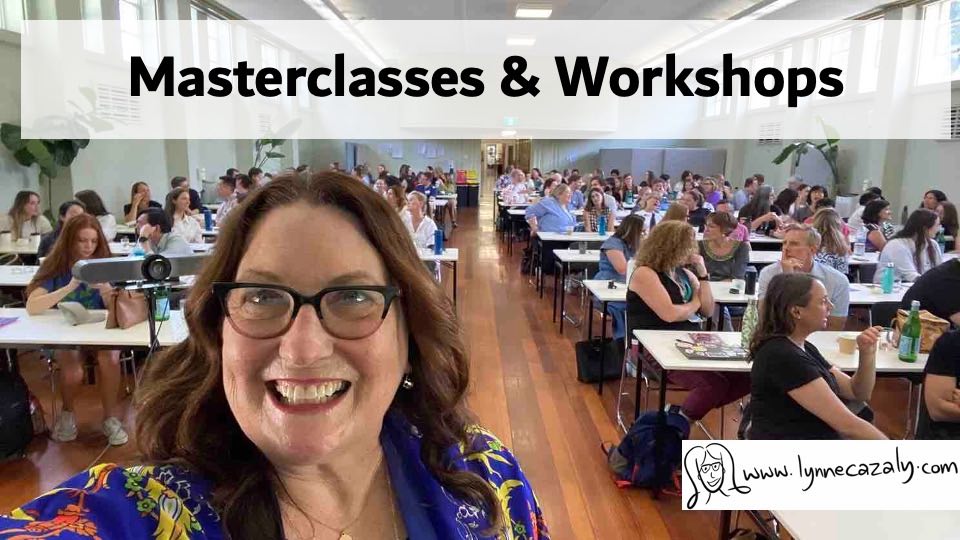Let go, not know, be ok with it
 Thursday, April 4, 2013 at 9:04AM
Thursday, April 4, 2013 at 9:04AM I facilitated a workshop yesterday with a client - just the two of us. Just two brains in the room.
Some may call it a 'meeting'. (Seth Godin's blog post yesterday on the meeting troll was a gem!) But there were no trolls in the room on this occasion.
My role was to extract and capture information, thinking, ideas and possibilities from my client.
Her role was to give, let it flow, let it go, speak, think, take risks and ... whatever!
'Let go, not know, be ok with it,' I said.
She initially wanted such a detailed structure for every moment of the session - so she knew what was coming up next, so she could be prepared.
But this wasn't a test. It was ok to not know. To throw the idea around, think out loud, talk about stuff ... err, that is what 'workshop' means, no?
I think when many teams set up a 'workshop' they want to hold on so very tight to the structure, format, what is said and what isn't said.
They can't let go, they don't like not knowing and they're not ok with it.
With a great facilitator in the room, you can let go and not know. And you will be ok.
The output of our session was a wall of charts that captured the thinking, the ideas, the strategy, the plan and the outcomes. She was excited and 'pumped' as she said, given what we'd achieved.
Her closing words were that she didn't think we'd get where we needed to go. She'd wanted to direct things more.
I see this as a common trait of many leaders who think holding tight is what will get you your outcomes. It might, but you'll have a team of deflated folks around you whispering 'control freak' as you leave the room.
Let go, not know, and you will be ok with it... you never know what awesome might come of it that you just weren't planning!
















